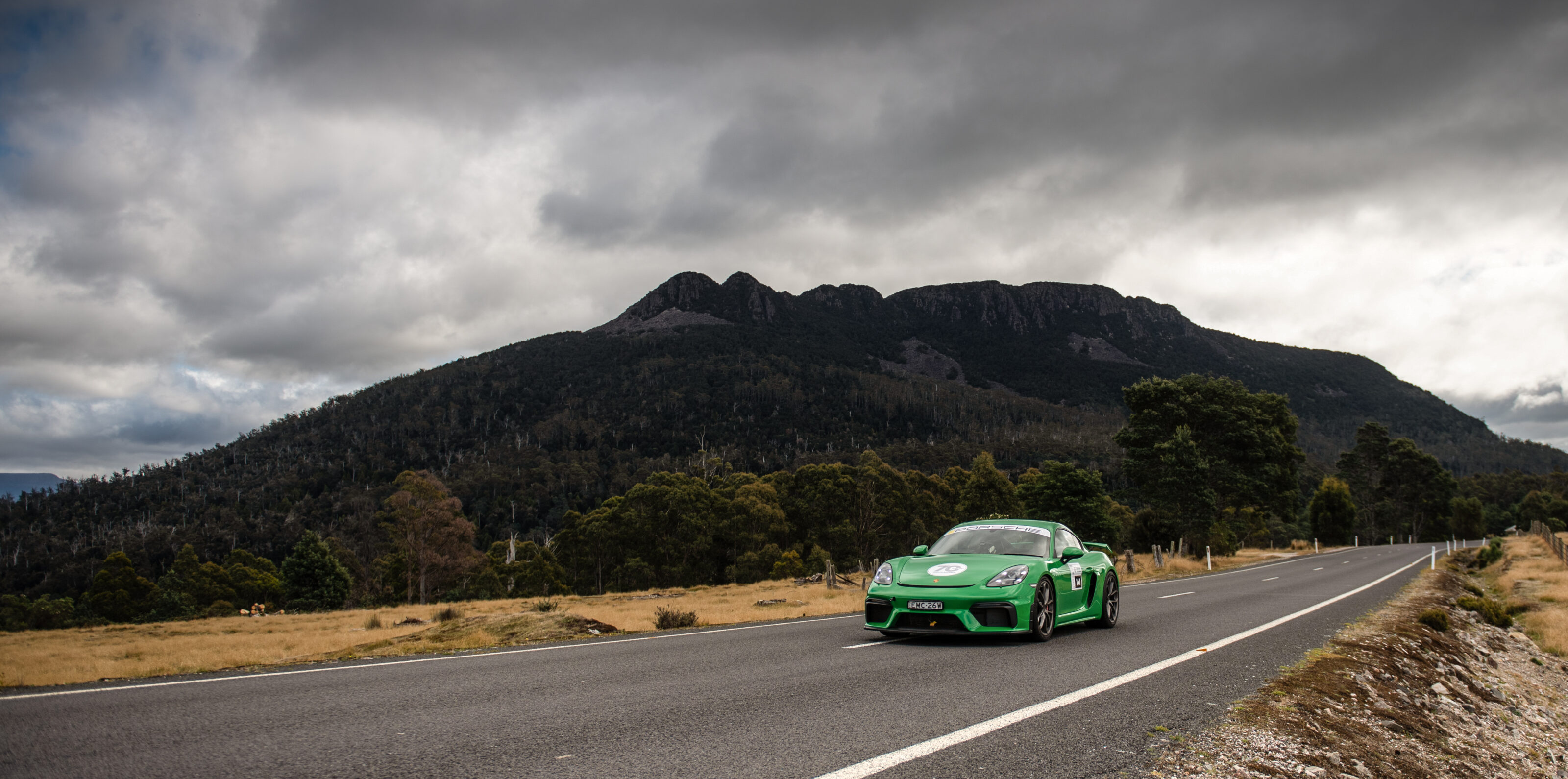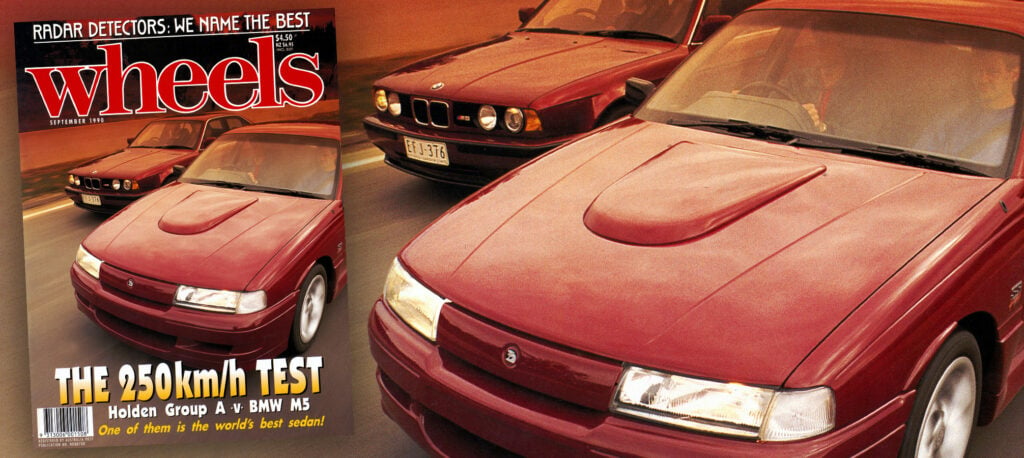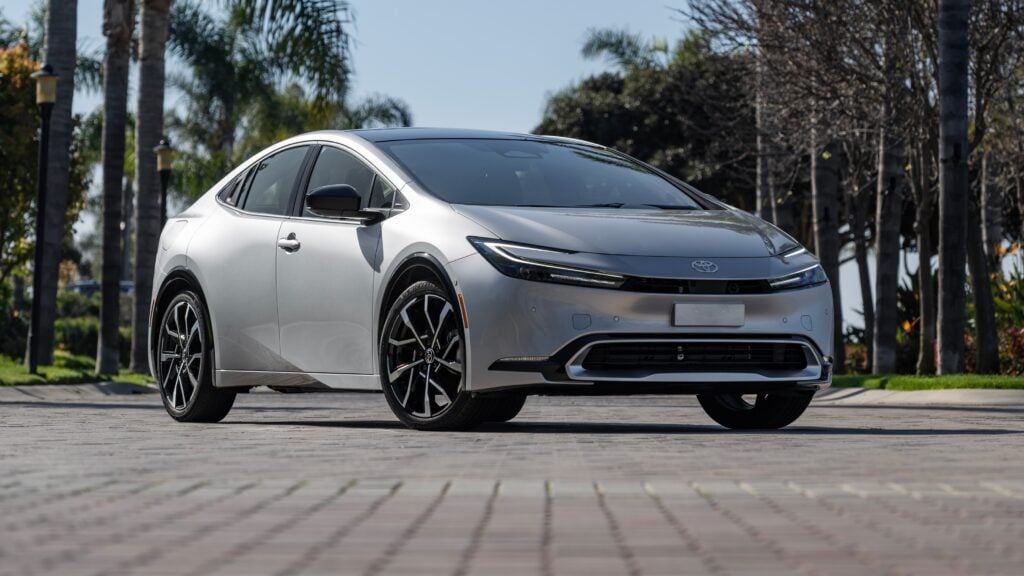Following the tragic trio of deaths at the 2021 running of Targa Tasmania, Motorsport Australia formed a tribunal to investigate the circumstances of the accidents and provide recommendations to improve competitor safety in subsequent events. After extensive consultation with Targa competitors and officials, as well as motorsport experts both local and international, the tribunal has handed down its findings including 23 recommendations for future Targa competitions.
The tribunal was chaired by Garry Connelly AM, Motorsport Australia’s FIA delegate and the Chair of the Australian Institute of Motor Sport Safety, as well as being the man who brought the WRC to Australia in the late 1980s.
Joining him were four-time Australian Rally Champion and team principal of the Toyota Gazoo Racing Australia rally team, Neal Bates, and lawyer Matthew Selley, an FIA International Gold Steward, member of the stewards’ panel for Formula 1 and Formula E. He’s also a long-time rally competitor, including a two-time outright winner of the Classic Adelaide and three-time South Australian Rally Champion.
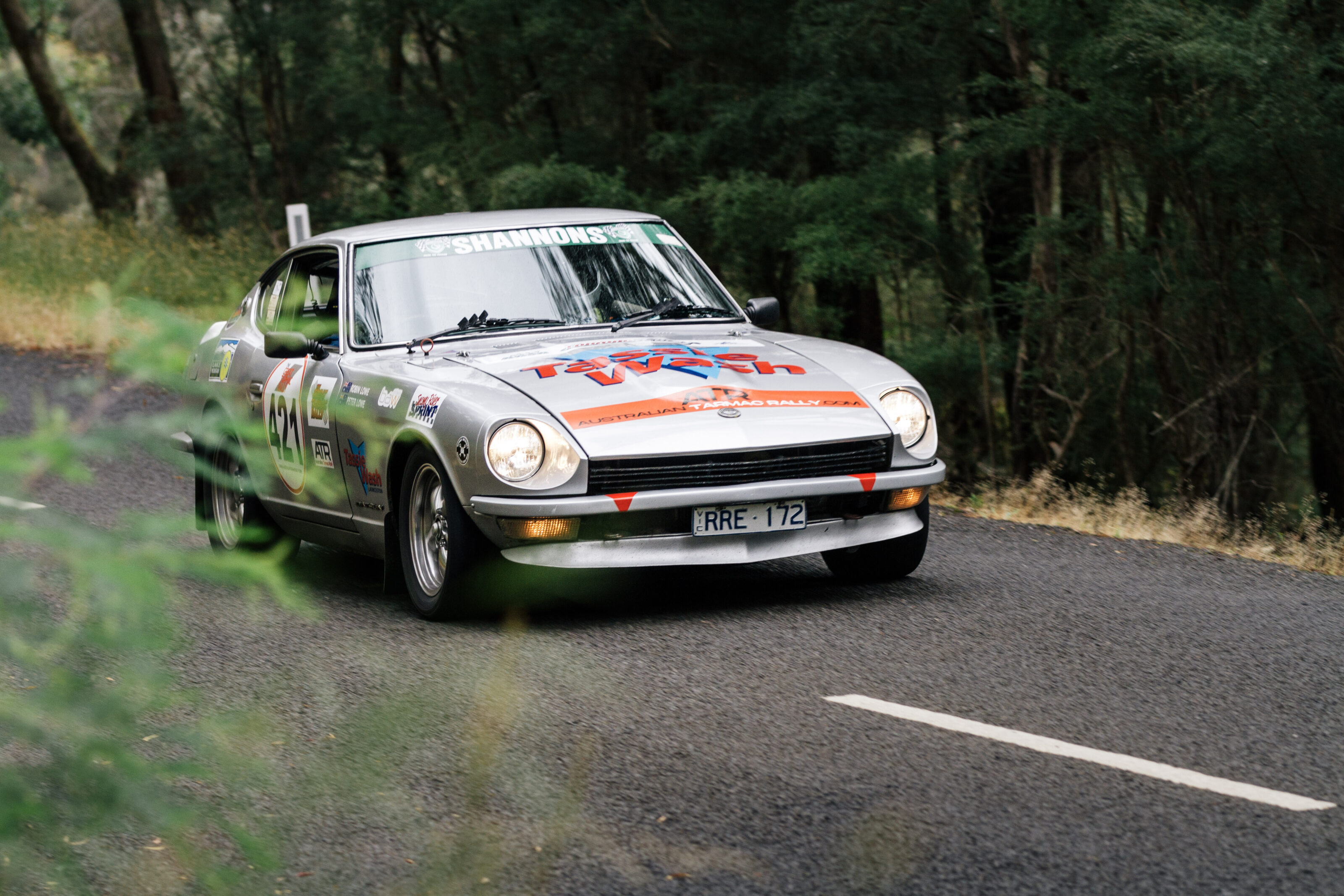
Submissions were heard over six hearings from a wide range of witnesses, including rally organisers and officials, current and past competitors, Targa and Motorsport Australia representatives and international safety experts. In addition to written and video submissions, evidence included competitor and vehicle data, official paperwork (service crew information, reconnaissance notes, scrutineer reports) as well as footage and photography from the accidents in question.
In both fatal incidents, the tribunal found that the accidents were essentially down to driver error, however the seriousness of the accidents was exacerbated by a number of factors, including driver ability, vehicle setup, failure to follow emergency protocols and lack of understanding of said protocols.
For example, the Mazda RX-7 crash on day five occurred at a slow speed, but evidence showed that the vehicle’s suspension setup and R-compound tyres were ill-suited to the wet conditions, and the driver’s response to a loss of control was poor but it was the circumstances around the crash, namely the vehicle rolling into a body of water, that led to its tragic outcome.
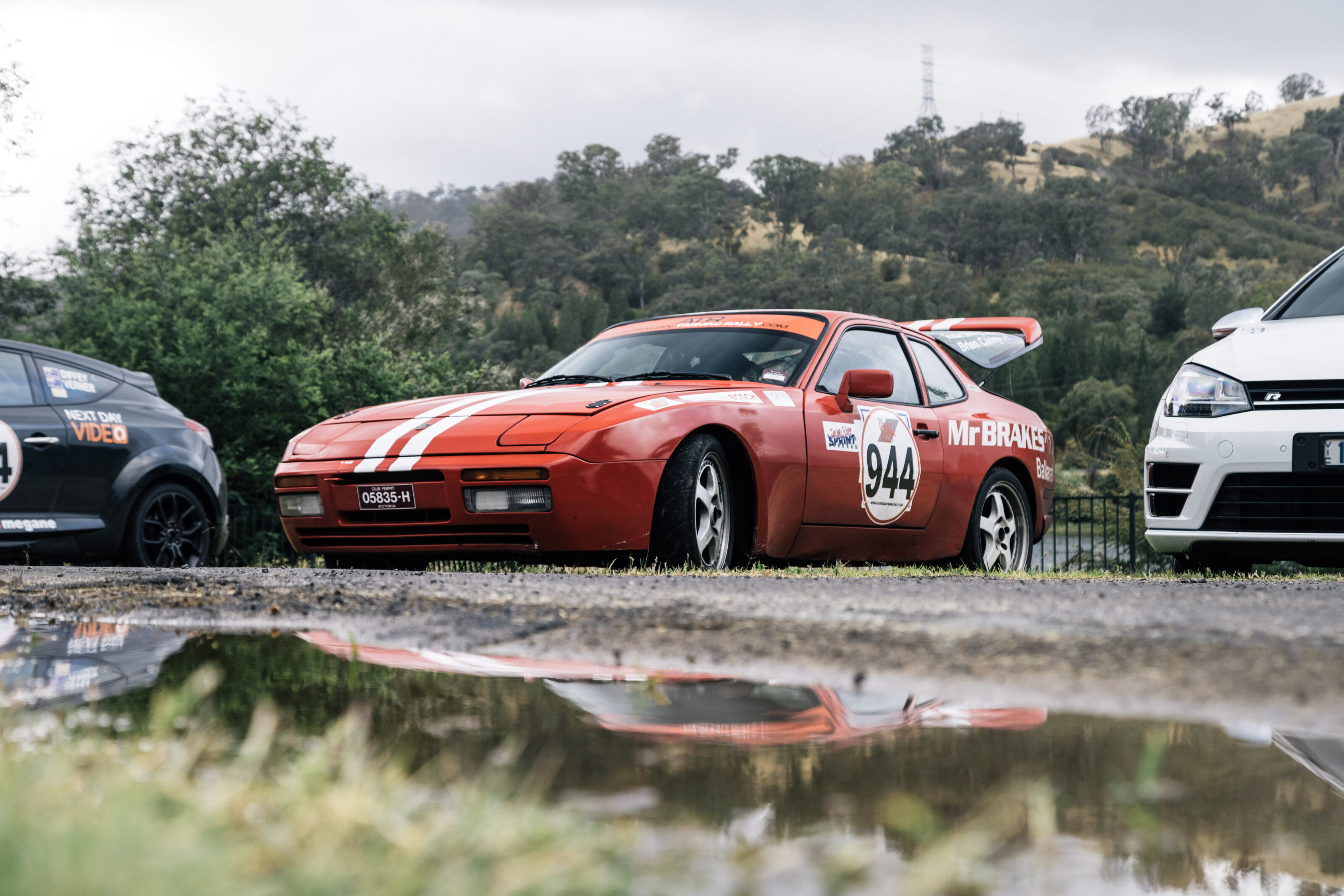
No stage should exceed the 132km/h average mandated as a limit by the FIA and the route should be altered regularly in order to reduce complacency and encourage every crew to complete pre-event reconnaissance.
The position of the car and stress of the situation meant the co-driver was unable to follow the appropriate emergency procedures, subsequent competitors misinterpreting his requests for assistance as instruction to drive on.
In its findings, the tribunal put forward 23 recommendations to Targa and Motorsport Australia “to provide guidance to the sport’s governing body concerning the overall safety of the event whilst concurrently balancing this with its desire, and that of the Targa Tasmania’s many stakeholders, to see the event continue in a safe and sustainable manner, and to retain wherever possible, the traditions of the past, and the many unique features of the event embedded by its founders”.
Recommendations were grouped into four categories: course design; vehicle preparation, suitability and related issues; driver/crew licensing, preparation and suitability; safety systems and processes. The tribunal recommended that a 200km/h speed limit be put in place for the event and that the route should be designed to avoid vehicles being able to exceed this speed wherever possible.
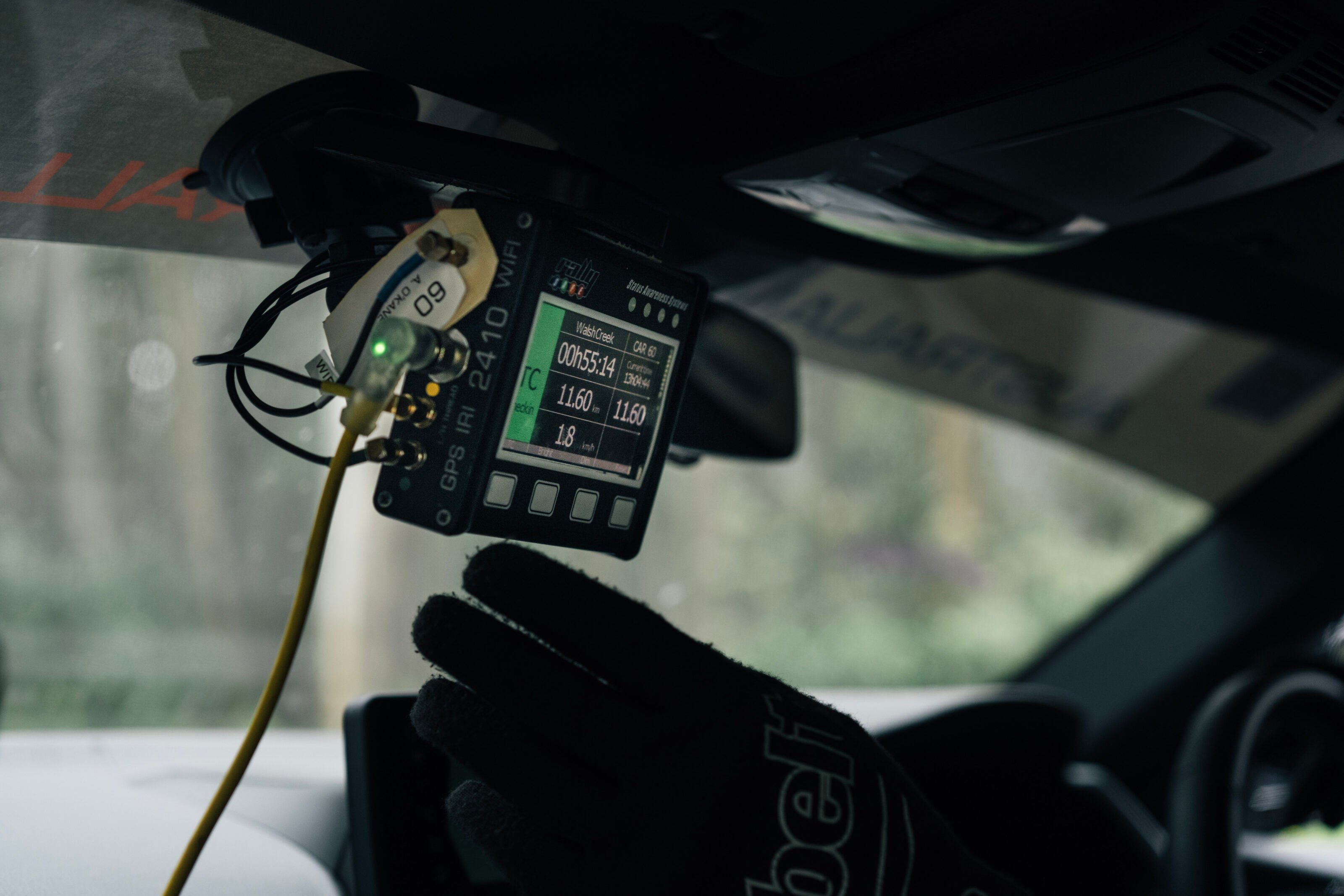
In stages where this isn’t possible, speed reduction methods such as chicanes or speed restriction zones should be used, particularly ahead of any hazard that could result in a car exceeding the limits of its suspension design, such as a significant dip or a crest.
No stage should exceed the 132km/h average mandated as a limit by the FIA and the route should be altered regularly in order to reduce complacency and encourage every crew to complete pre-event reconnaissance.
Furthermore, the tribunal recommended that all crews in the unlimited speed categories sign a statutory declaration that they have conducted at least one pass of the stages prior to the event, and that those crews who are unwilling or unable to complete a full reconnaissance be transferred to a speed-limited category of the competition.
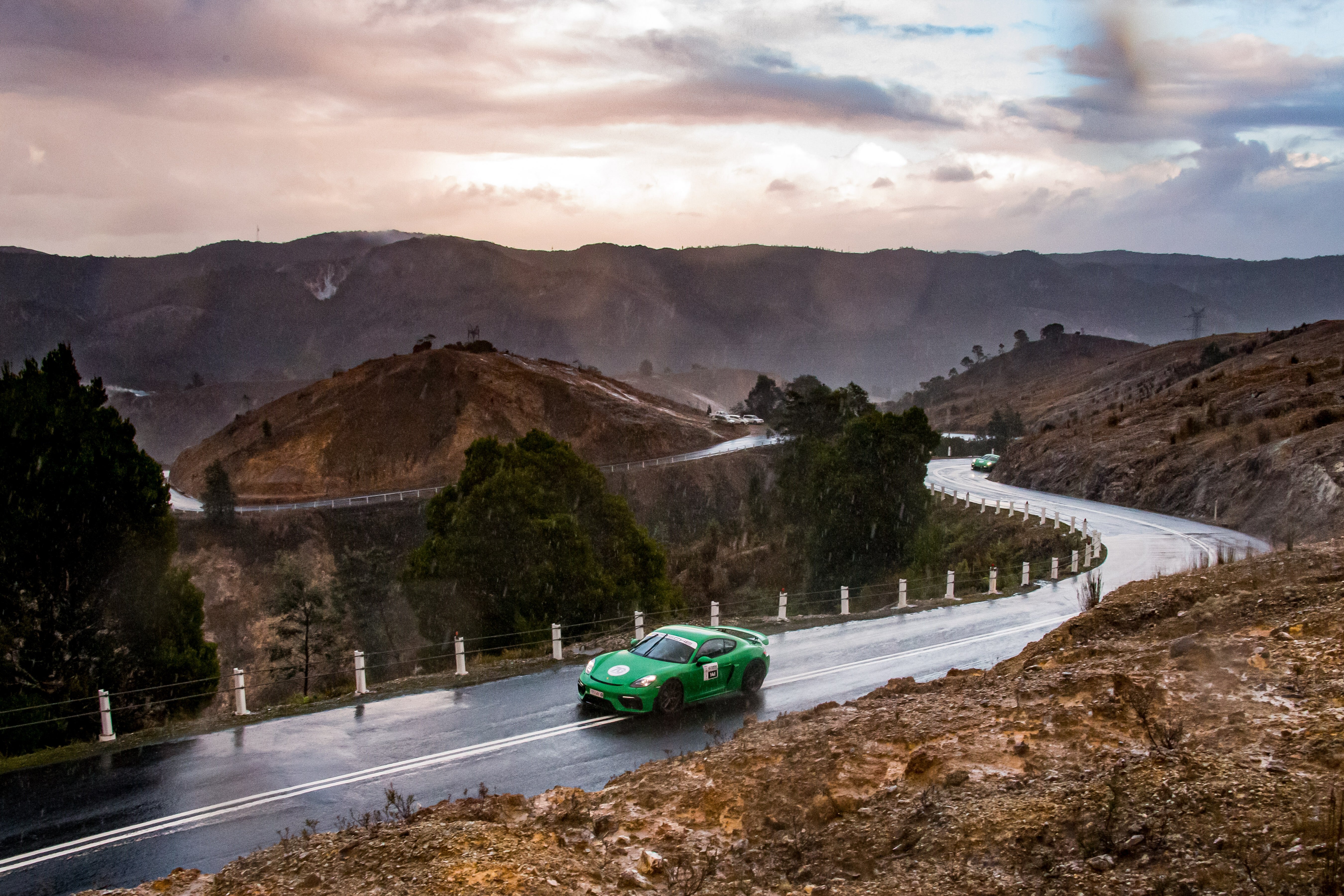
In the area of driver suitability, the tribunal recommended that Motorsport Australia develop a tiered licensing system for tarmac rallies, to ensure that crews have the requisite skill and experience to handle the latest high-performance machinery that is eligible.
Neal Bates, who won Targa Tasmania in 1995, told MOTOR: “The stages haven’t changed over the years but obviously the cars have changed a lot in the last 30 years. Most supercars [now] do 0-100km/h in around three seconds, they’re capable of top speeds of 300km/h; if you look back in the day the equivalent cars did 220-230km/h, so cars have changed massively over time and become a lot faster. And when you look at supercars, [they’re] probably less equipped to handle rough roads as well.”
The vast majority of the remainder of the recommendations were to do with competitor education, including vehicle setup, emergency protocol familiarity, operation of the RallySafe system and the risks associated with tarmac rallying.
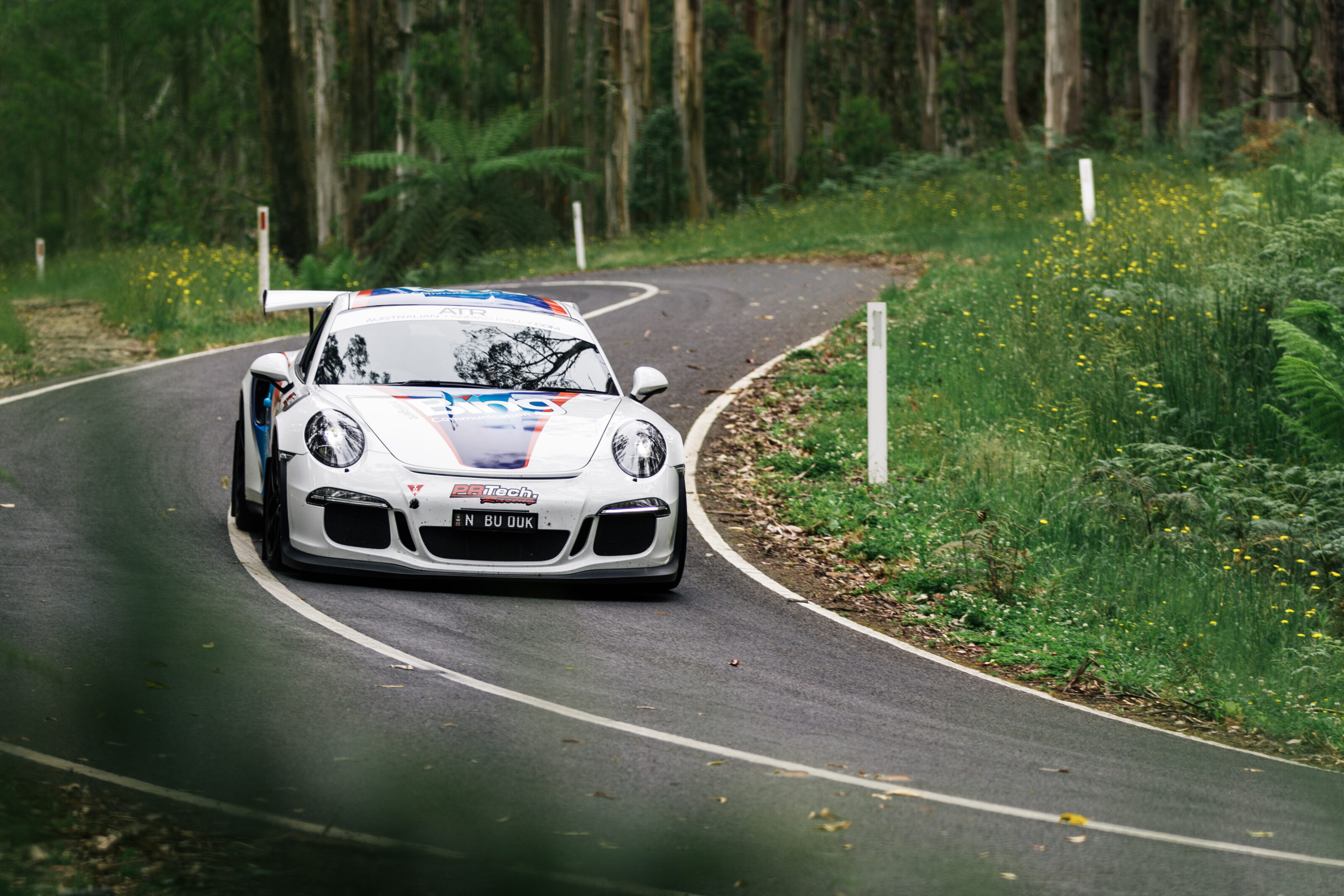
Says Bates: “If you look at the tribunal report, a lot of it is about education. You’ve got a lot of inexperienced people in incredibly fast cars and what you want to do is try and make these people understand what they’re doing and what the consequences are if they get it wrong.”
However, important recommendations were also made regarding the use of wet weather tyres – crews currently being limited to six tyres for the entire event – the implementation of a more detailed manual vehicle tracking system to back up the automated RallySafe system and a more relaxed schedule to reduce crew fatigue.
In response to the tribunal’s findings, Targa quickly announced it would adopt all 23 of the recommendations. Targa CEO Mark Perry told MOTOR that recommendations 1-4, 6, 13 and 16, primarily about reducing vehicle speeds and increasing hazard awareness, were adopted for early September’s Targa Great Barrier Reef.
Perry also said that while plans were in place to adopt the remaining recommendations for the 30th running of Targa Tasmania in 2022, the slight delay of that event from early March to late April will simply give the team extra time to implement them.
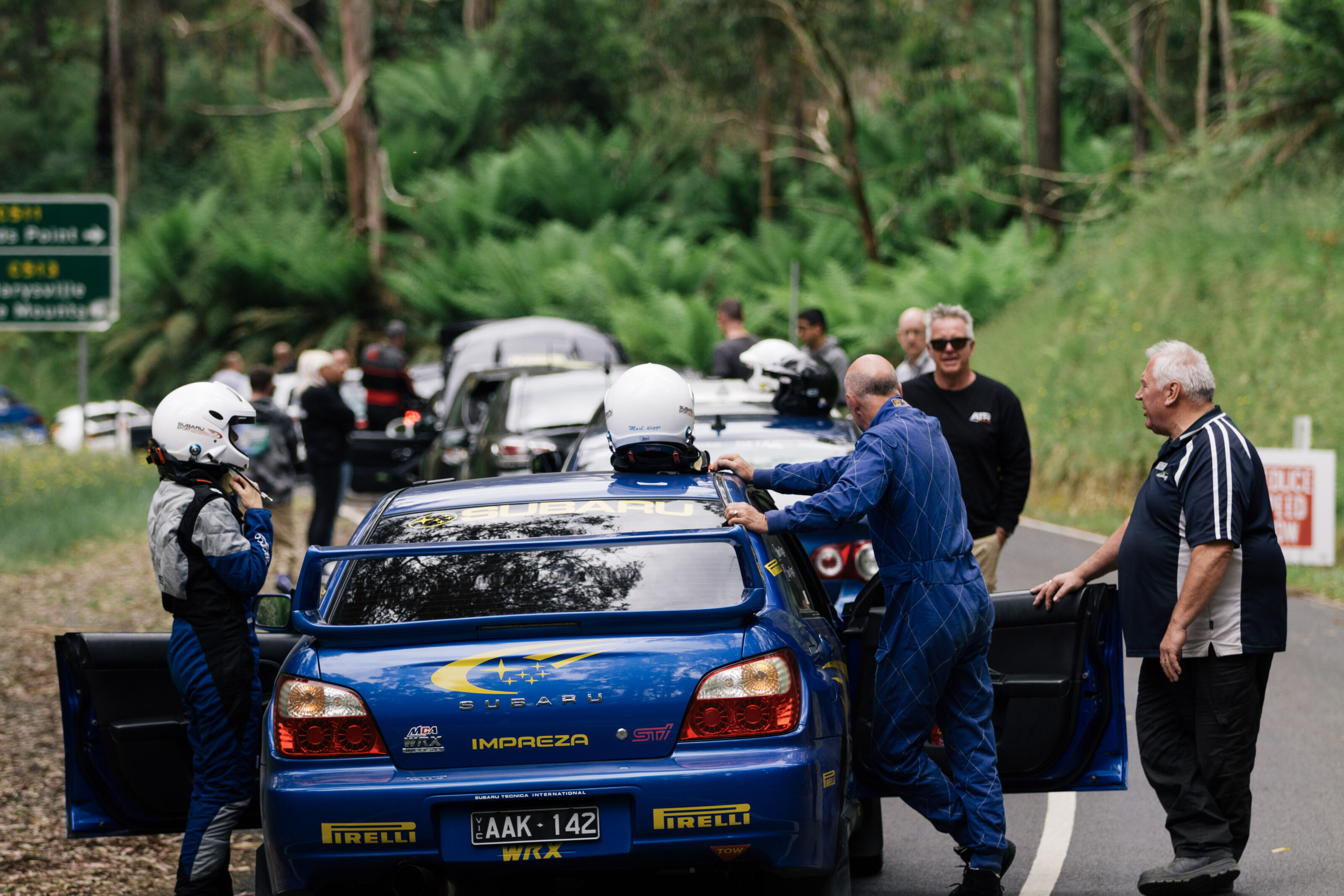
In regards to limiting speeds, especially on some of Targa Tasmania’s faster iconic stages, Perry told MOTOR: “The course for 2022 was already well down the design and approval process when the recommendations were released. We are currently assessing the best options for each stage and it won’t be a case of ‘one size fits all’, with every stage being like a different race track. Expect to see a variety of agreed measures in place across the course to achieve the planned outcomes. It is vitally important to Targa Tasmania’s legacy and future success that the nature of the course, with its iconic stages and the endurance element, which has made the event famous around the world, is retained, whilst ensuring that all agreed measures are in place.”
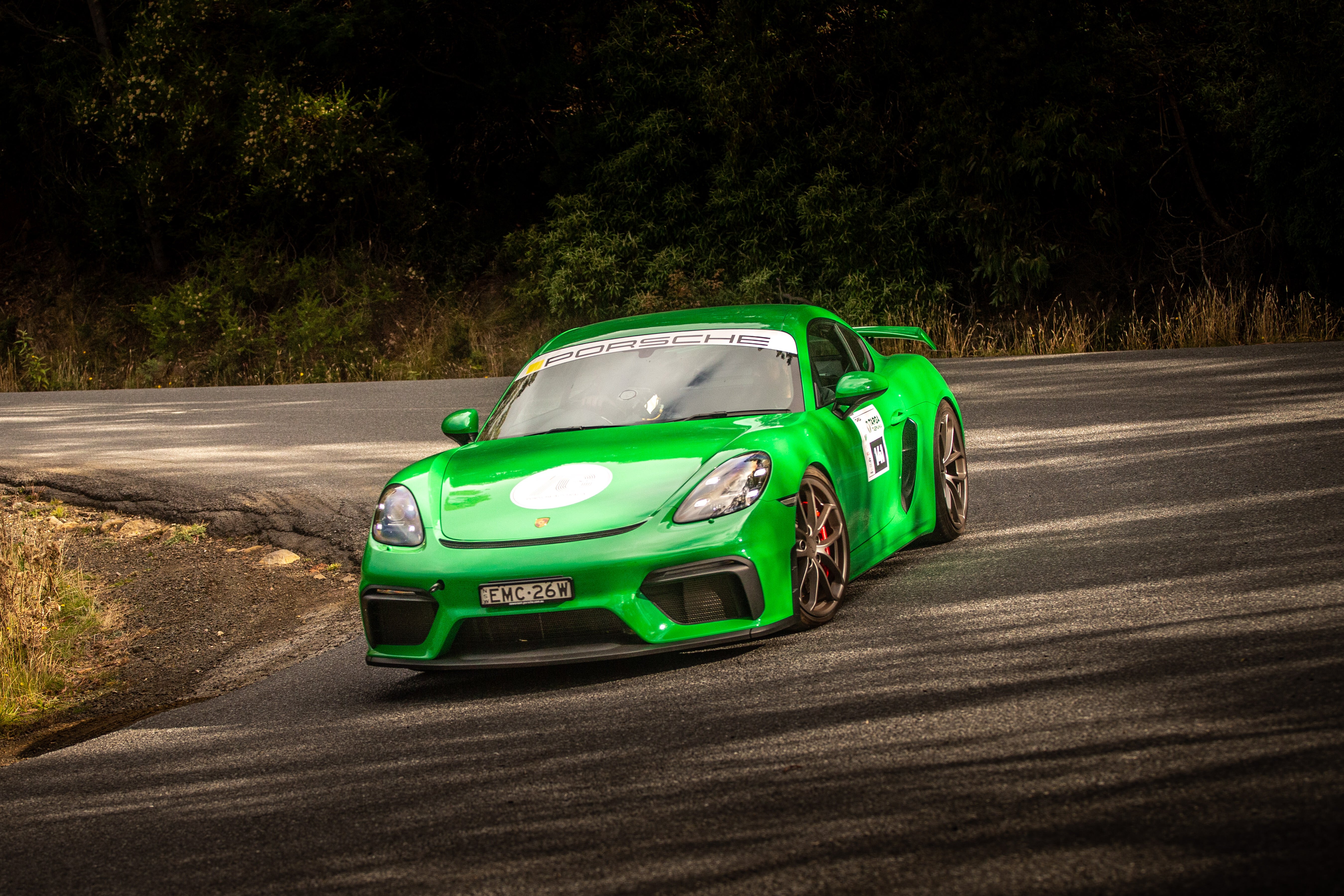
A tiered licensing system will also be introduced, Mike Smith, Motorsport Australia’s Director of Motorsport and Commercial Operations, telling MOTOR: “This is currently in the planning stage. Motorsport Australia will be ready to implement these changes from March 2022. We will work closely with all tarmac rally event organisers, including Targa, on introducing these changes to make it as seamless as possible for competitors, while ensuring we meet the recommendations outlined by the tribunal.”
Targa’s 30th Anniversary event will take place from April 26-May 1, having been delayed slightly to move beyond COVID restrictions, with Perry saying in a statement: “We want to make the 30th anniversary something special – the event of the year for motorsport and car enthusiasts. We have some exciting things planned – not just for our entrants but all the Targa fans in Tasmania as well.”
The full tribunal report can be read on the Motorsport Australia website.


